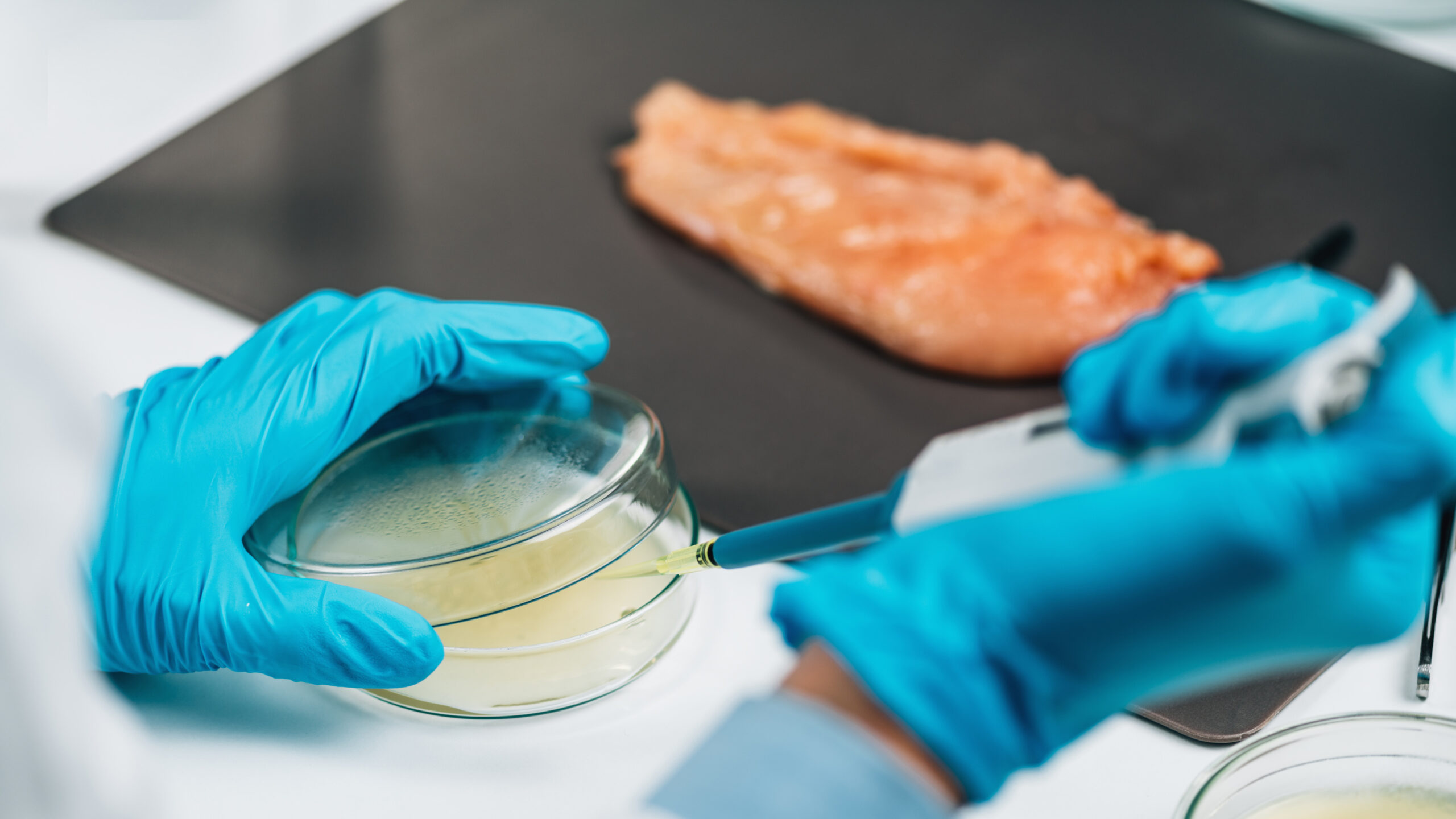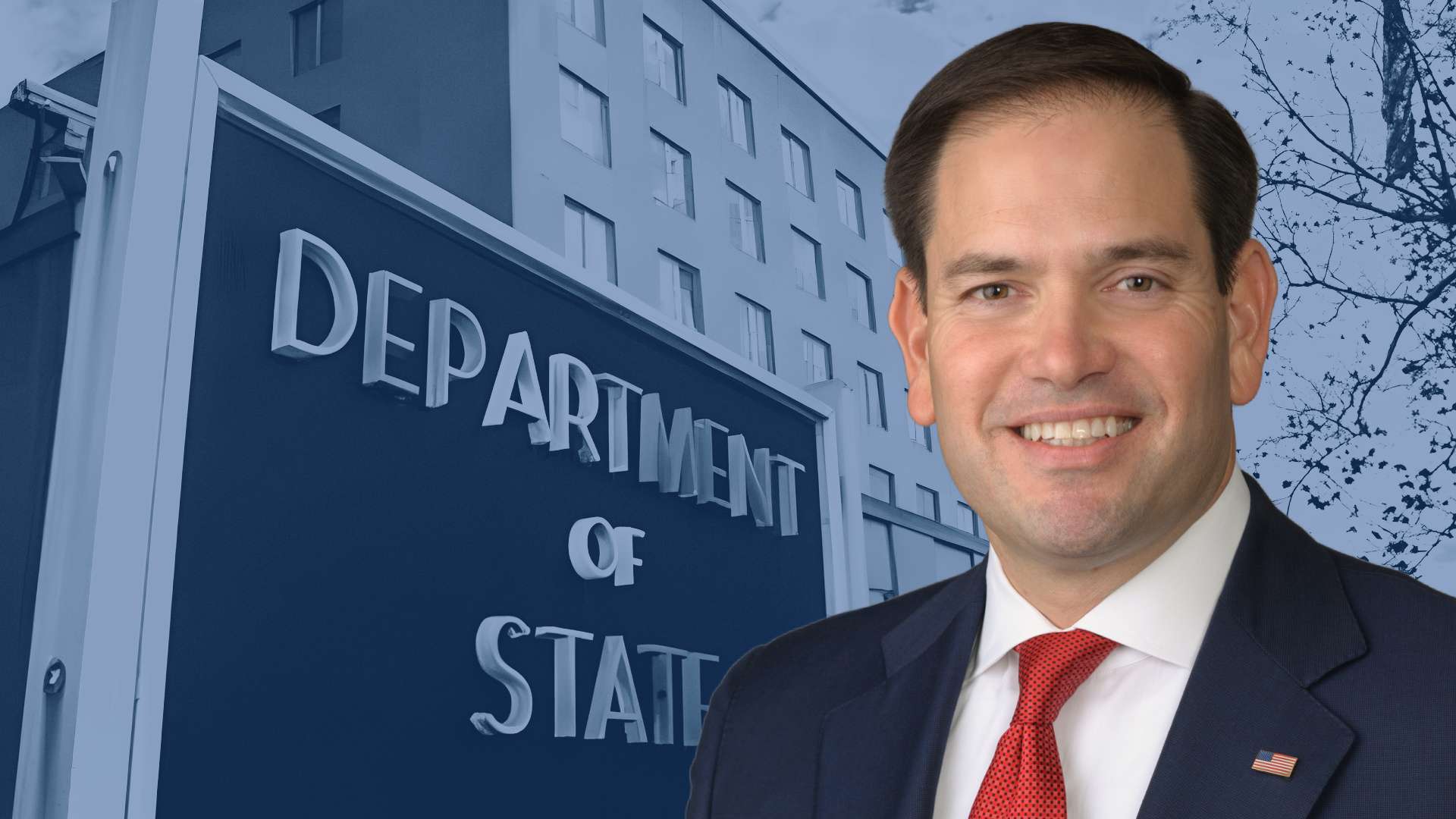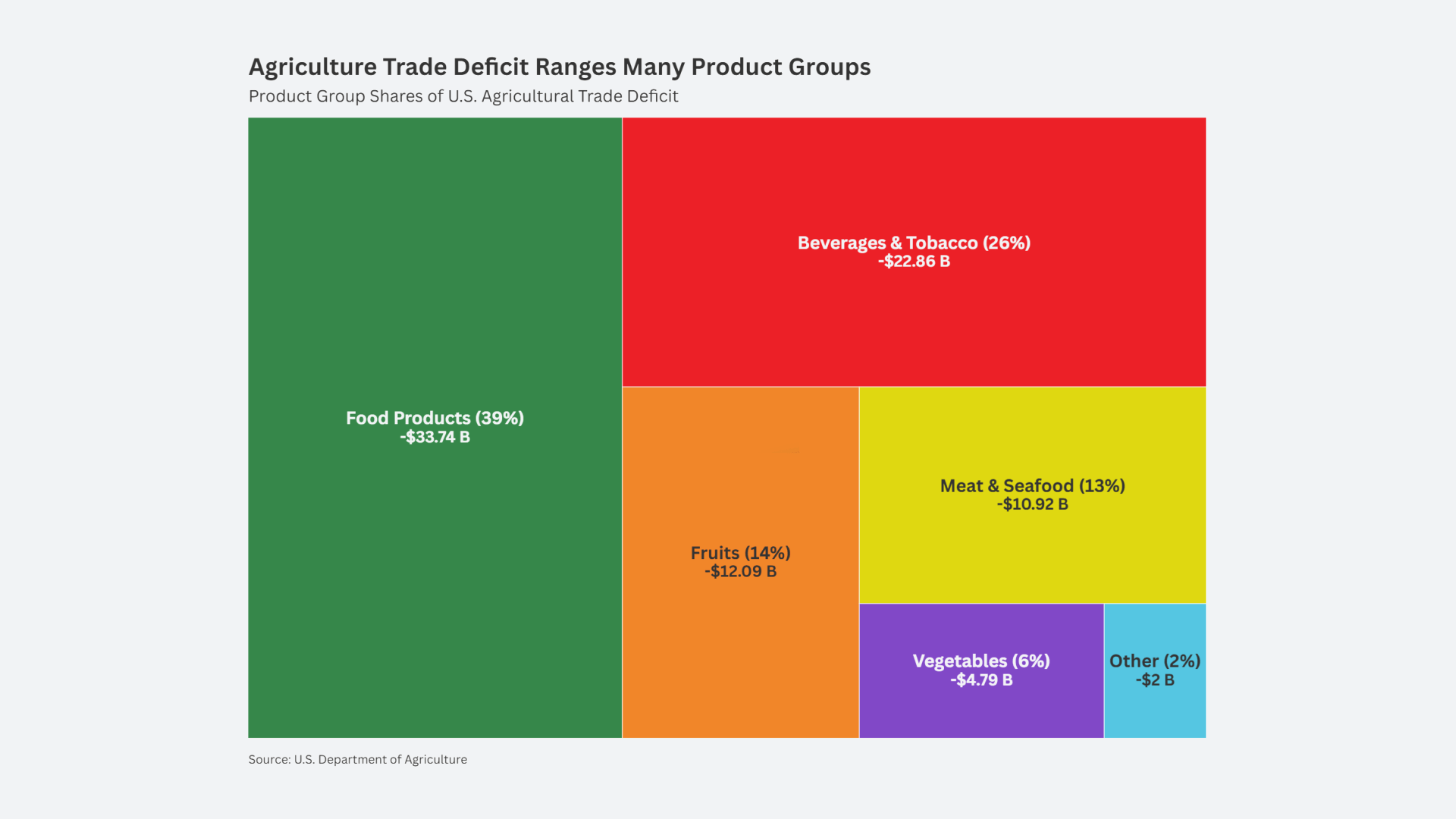President Donald Trump’s former senior trade adviser told Business Insider the border-adjustment tax proposal being discussed in Washington could help solve what he believes are major issues with the North American Free Trade Agreement.
[Allan Smith| February 22, 2016 |Business Insider]
Dan DiMicco, the former Nucor CEO and Coalition for a Prosperous America board member who ran Trump’s trade transition team, said a border-adjustment tax plan on imports from Mexico could help balance the Mexican value-added tax on exports into the country.
Trump has previously chided the trade situation, saying in a September debate: “When we sell into Mexico, there’s a tax. … When they sell into us, there’s no tax. It’s a defective agreement.”
Mexico has a 16% value-added tax American companies must pay on exports in Mexico, and there is no corresponding tax on Mexican companies importing into the US. However, Mexican companies have to pay the same tax on products sold within the country.
Trump and DiMicco’s viewpoint is shared by Peter Navarro, the head of the newly formed White House National Trade Council, and Wilbur Ross, Trump’s nominee to lead the Commerce Department. The proposal has been shot down by economic experts who say it’s amisunderstanding of how the VAT system works.
Additionally, the border-adjustment tax on imports would likely be passed onto consumers in the form of higher costs at the point of purchase of imported goods to help offset losses.
DiMicco outlined other issues he saw with NAFTA, many of which were related to “exorbitant” Mexican duties.
But what about Canada?
During a recent meeting at the White House between Trump and Canadian Prime Minister Justin Trudeau, the pair of leaders answered questions related to NAFTA and Trump’s promises to renegotiate the deal.
Asked about the Canadian end of the agreement, Trump said the deal’s effect on US-Canada trade relations is “a much less severe situation than what’s taken place on the southern border.”
DiMicco concurred with Trump, saying Mexico “has got a lot more issues than Canada has.”
“But they both have some issues,” he said.
While campaigning and in public statements following his electoral victory, Trump promised a renegotiation of the trade agreement within his first 100 days in office. However, under the Fast Track Trade Promotion Authority, Trump missed the deadline to give notice to Congress to be able to start a renegotiation within that timeframe. In order to begin the renegotiation within the first 100 days of his administration, Trump had to give Congress notice by January 31.
DiMicco, who said he still informally advises the administration, said the delaying the confirmations of Trump’s cabinet — particularly as it relates to Ross and Robert Lighthizer, Trump’s choice for US trade representative — has made it increasingly difficult to “get the current details” on Trump’s trade agenda.
“Yeah, so nobody is willing to talk,” DiMicco said was a result of the delayed confirmations. “You can’t get the current details because the Democrats have held up the whole damn process!”













